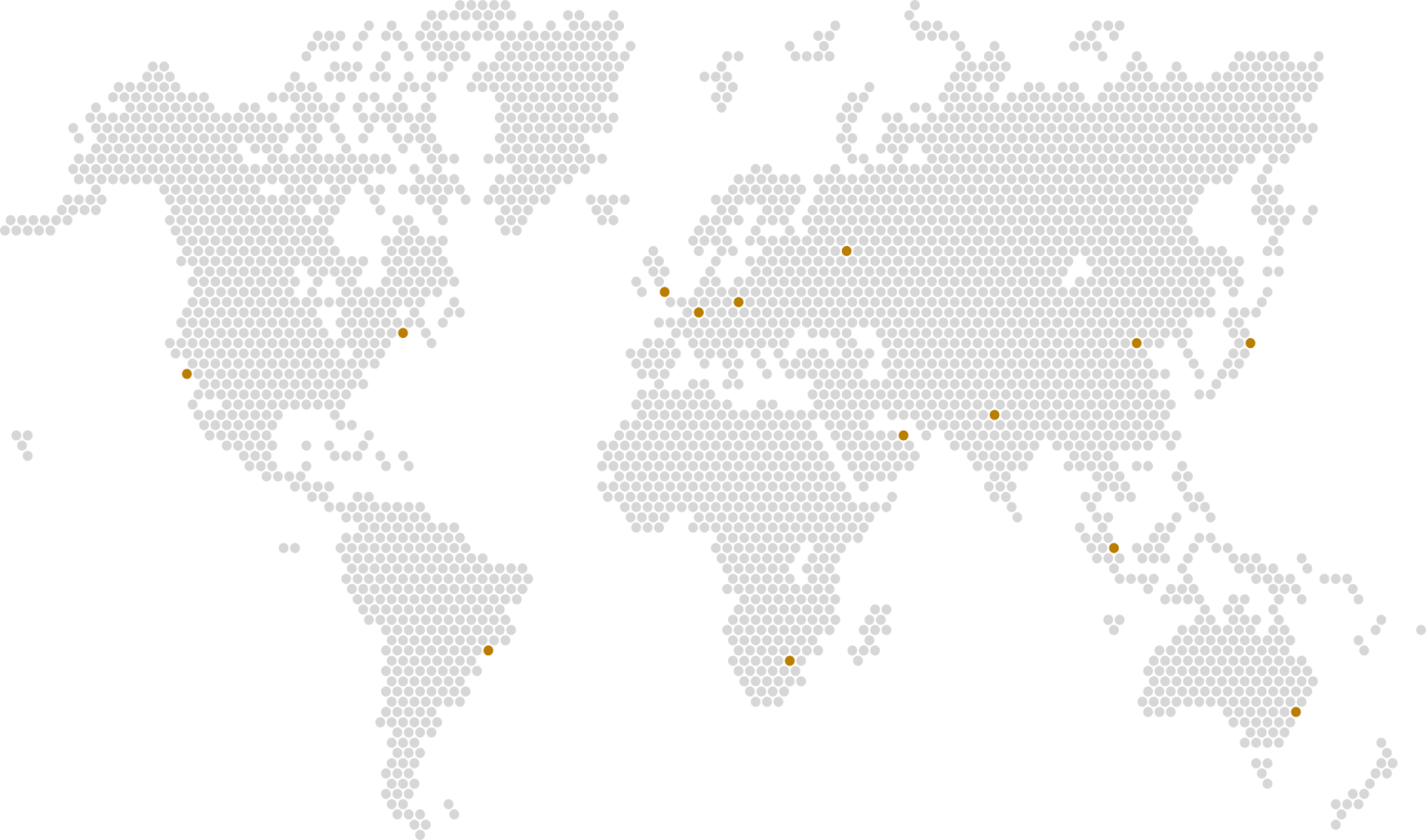GCP. JOURNAL
COVID-19 vaccine acceptance among the Ghanaian population
Abstract
The Government of Ghana in its effort to decrease the burden of Coronavirus (COVID-19) plans to
secure vaccines for its citizens. Globally, vaccine hesitancy has been reported which may affect
efforts to curb the spread and impact of COVID-19 in all aspects of life. Our study aims to
determine the willingness of Ghanaians to accept the vaccine or otherwise and create avenues for
interventions where necessary. A self-administered online-based cross-sectional study was conducted
on 613 participants from the 4 “of April to 16” May, 2021. Data was analysed with SPSS version 25.
Sociodemographic characteristics were described using descriptive analysis. Pearson’s Chi-square
was used to determine the association between vaccine acceptance and sociodemographic
characteristics. Statistical significance was set at 95% confidence interval (p<0.05). Majority of
the participants were males representing 51.1% (n=313). The highest proportion of respondents fell
within the age brackets of 21-30 years. A significant proportion of the respondents were yet to
take the vaccine (471, 76.84%) but 74.7% (n=458) were willing to take the vaccines. For those who
declined the vaccine, side effects (61, 39.35%), apathy (34, 21.94%), claim that vaccine had not
been tried and tested (28, 18.06%) and concerns on quality of vaccines brought to Africa (22,
14.2%) were the main reasons respondents gave to support their decision to decline the vaccine.
There was no significant association between age and acceptance (p=0.4220) and educational
background and acceptance (p=0.187), however, there was a significant association between sex and
vaccine acceptance (p=0.001). Even though majority of the participants were willing to take the
vaccine, there is the need for the Government of Ghana in collaboration with relevant stakeholders
to embark on mass education to address various concerns as reported particularly on adverse effects
and safety concerns as well as sensitize the population on the need for vaccination to decrease
apathy and increase public acceptance of the COVID-19 vaccine.
Join our
MASTERCLASS
SERIES
Join our masterclass series on zoom to learn more about writing Scientific Research
JOIN NOW

Quality learning knows no bounds
Excellence in research & education
Training
Excellent Training
Excellent professional training in the field of pharmacy and pharmacology
Research
Excellent Research
We engage in top-notch quality research that are published in ternational journals
Learning
Excellent Learning
Our facilities and staff are well oriented for your progressive excellent learning
Study
- Academics
- Fellowships
- Short courses and CPD
- Membership
- Study online
Life
- Fellowship
- Membership
- Careers
- Student Union
Explore
- About
- Faculty & Staff
- Alumni
- Events
- Gallery
- News

